

The purpose of this blog is not to dwell on the trek itself. It would take a very thick book to describe in detail, the many tribulations – including the massacre of one party - the Boer farmers endured as they braved the unknown to travel, first east along the coast away from the Cape towards Natal, and thereafter north towards the interior, eventually establishing the republics that came to be known as Orange Free State and the Transvaal (literally meaning 'across/beyond the Vaal River', a tributary of the Orange River). How can one, for instance, even begin to imagine how those who went to what is now known as Natal, managed to take their wagons to pieces in order to cross the formidable Drakensberg Mountains.
The British had not tried to stop the trekkers from moving away from the Cape, and it transpired that they were not the only ones searching for pastures new... As the Boers were opening up the interior for those who followed, the British were gradually extending their control away from the Cape, along the coast to the east, eventually annexing Natal in 1845. They, the British, subsequently ratified the two new Boer Republics in two treaties: the Sand River Convention of 1852 which recognized the independence of the Transvaal Republic, and the Bloemfontein Convention of 1854 which recognized the independence of the Orange Free State. Transvaal Voortrekker representatives and commissioners of the British Government attended the convention and it seemed that Britain wanted to disengage itself from any problems relating to the far interior of South Africa, as well as being rid of further responsibilities in the area. Yet, within little more than a decade and half, the Orange Free State and the 'Zuid Afrikaansche Republiek' had both been subjugated in the course of the bloody South African War of 1899–1902!
Towards the end of 1880, despite the failure of the Boer delegation led by Paul Kruger, requesting freedom for the Transvaal, the province had proclaimed its independence as a republic, but the discovery of gold on the Witwatersrand in the Transvaal in 1886 sealed the doom of the hardy pioneer folk. Gold and diamonds drew foreigners (‘uitlanders’ or ‘outlanders’) like a magnet. British imperial interest in the Transvaal led to its annexation by Sir Theophilus Shepstone, despite the Transvaal’s formal declaration of independence from the United Kingdom, and thus the first Boer War began on 16 December 1880. It led to the action at Bronkhorstspruit on 20 December 1880 – where the Boers, led by Francois Joubert, vanquished a British Army convoy. Despite the presence of British garrisons in the major Transvaal towns, the Boers were able to defeat a British column under Lt Col Anstruther at Bronkhorstspruit.
In the words of President Paul Kruger: “Let us linger for a moment on only one fight in this war, the Battle of Bronkhorstspruit , and that for certain reasons. This was an engagement with the 94th Regiment, which was on its way from Lydenburg to Pretoria. The Boer commanders, who had received news of its approach, sent Commandant Francois (Frans) Joubert with about 150 men, to meet it. When the two forces came within sight of each other, Joubert sent message to the British Commander, Colonel Anstruther, asking him to return to Lydenburg, in which case no fighting need take place. The man who carried the message was a burgher, called Paul de Beer, who spoke English well.
“Anstruther’s answer was brief:
“ ‘I am on my way to Pretoria and I am going to Pretoria!’ Joubert and his men, therefore, had no choice but to attack the English.
"The field of battle was a bare hill, on which stood a few hawthorn-trees. The English took up their position in a sunken road, while the burghers had to charge across open ground. The fight lasted only a few minutes, leaving about 230 of the English dead or wounded; the rest surrendered. Colonel Anstruther, who himself was mortally wounded, sent for Commandant Joubert, told him that he, Anstruther, had been beaten in fair fight, and asked him to accept his sword as a gift. He died a few minutes later.”
Further details, contained in an ancient book found above a barn in France, and which I’ve since translated from the French, confirm that the dying British general, Anstruther, had his sword presented to Joubert, as befitting ‘an officer and a gentleman’. It is said to be buried with Frans Held, in his grave - which I have never been able to visit. In terms of the Group Areas Act, the land was rezoned as a 'black area' long ago, and, during the turbulent times before I left South Africa, was considered unsafe.
Francois Joubert was my great-grandfather. 'Frans Held' to the Afrikaners; 'Frank Hero' to the British.

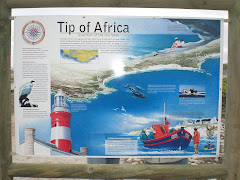
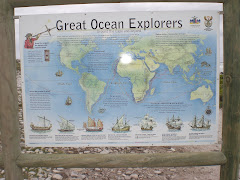
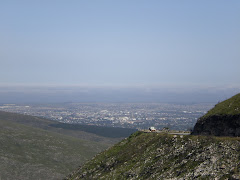

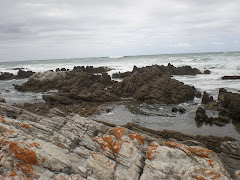
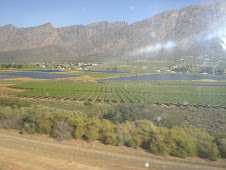
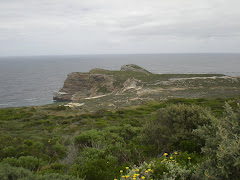
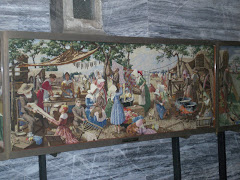








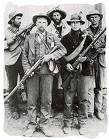



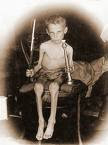

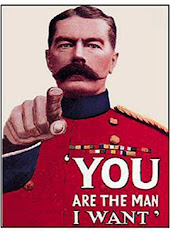.jpg)

.jpg)
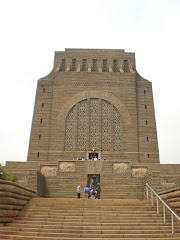


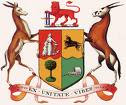



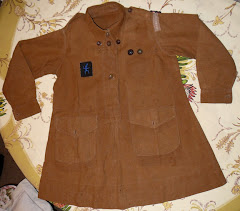



4 comments:
I'm still keeping up with your progress, and the opinion I posted weeks ago remains unchanged, except that I now feel that this story should be made into film!
Beautiful blog. Beautifully written. I commend the writer!
Hello Marie. I came upon this blog whilst researching my family history. Gen. Francois Joubert-Pienaar was my great-great-grandfather.
Commandant FRancois Joubert was the brother of Commandant General Piet Joubert . Commandant General Piet Joubert was my great grand father's cousin / neef in Afrikaans. My great grand father Petrus JAcobus Joubert was from Marico / Groot Marico and fought in the Anglo Boer War under Commandant then General Lemmer.
Post a Comment